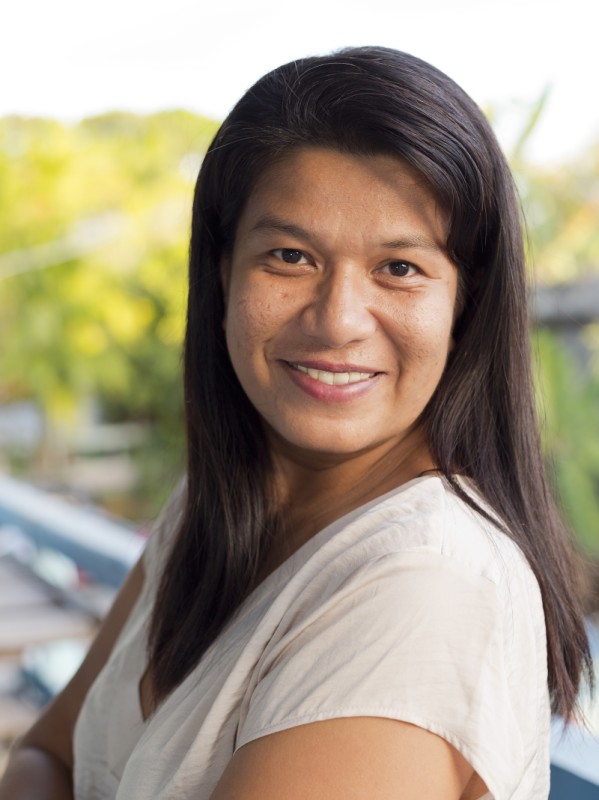The Parties to the Nauru Agreement (PNA) purse-seine fishery and supply chain largely avoided COVID-related disruptions and had a positive 2020, according to a report given during a government meeting of the eight nations that make up the sub-grouping on 11 December.
The report indicates that fishing effort in the purse-seine fishery has remained high in 2020, with no significant COVID-related downturn.
“Although they can’t come to the port, they are able to continue operating adjacent to the ports," PNA Commercial Advisor Maurice Brownjohn told SeafoodSource. "We cut back on fisheries observers, but we are still monitoring [vessels] with electronic reporting and vessel monitoring scheme. Otherwise, they are fishing normally. Their effort has not dropped. Catches have not dropped."
The PNA is made up of eight Pacific Island countries that control the world’s largest tuna purse-seine fishery, supplying 50 percent of the world’s skipjack tuna products. Representatives from the countries – the Federated States of Micronesia, Kiribati, Marshall Islands, Nauru, Palau, Papua New Guinea, Solomon Islands, and Tuvalu – typically meet prior to the annual meeting of the Western and Central Pacific Fisheries Commission (WCPFC), which took place in mid-December.
The PNA's catch per unit effort (CPUE) has generally been lower than the highs seen in 2019, although this is normal due to fishing effort shifting west under the current weather predictions. Transshipment volumes are as expected, according to the report, and skipjack prices are healthy. At the start of the pandemic, prices were up by 40 percent, but they have stabilized since.
The PNA said fuel prices were low at the start of the pandemic, and despite some recovery, have remained reasonable, averaging 60 percent of the cost in the preceding year. Because of the higher effort and lower fuel costs, annual vessel profits are typically projected as higher than the two preceding years.
The report also noted that Western Pacific Rim cannery production has not been impacted by COVID-19, unlike other processing centers globally, which have suffered stoppages and downturns. Processing facilities and bunker vessels that adopted “in house” measures were largely successful in minimizing COVID-19 risk and outbreaks, it said.
However, the pandemic did post unique challenges to the region's fishery, like crew exchange, major repairs, and maintenance. PNA said that its top priority is the safe resumption of observer coverage and local crew placements, as well as the resumption of domestic commerce and services.
“The suspension of observers alone has seen about USD 5 million [EUR 4.1 million] in lost salaries to local economies [and] the overall economic loss of services to the sector is many times that,” the report said.
Brownjohn said vessels operating in the PNA waters have not had any cases of COVID-19 due to the safety protocols imposed.
He said under the protocol drafted by the PNA and the Pacific Islands Forum Fisheries Agency and adopted by the WCPFC, all crewmembers aboard vessels need to be symptom-free of COVID-19 for at least 14 days before interacting with other vessels or with other fishing operations.
“As long as we maintain those protocols, the safest place to be is at sea,” Brownjohn said.
In a 21 December press statement, PNA outgoing CEO Ludwig Kumoru lauded the effectiveness of the WCPFC's response to the pandemic.
"There had been good collaboration among commission members in the challenging, and largely successful, effort of repatriating observers who were at sea when the pandemic struck; and on respecting the need for strong measures to protect vulnerable Pacific Island communities while maintaining the operations of the economically important tuna fisheries," he said.
Photo courtesy of Parties to Nauru Agreement







